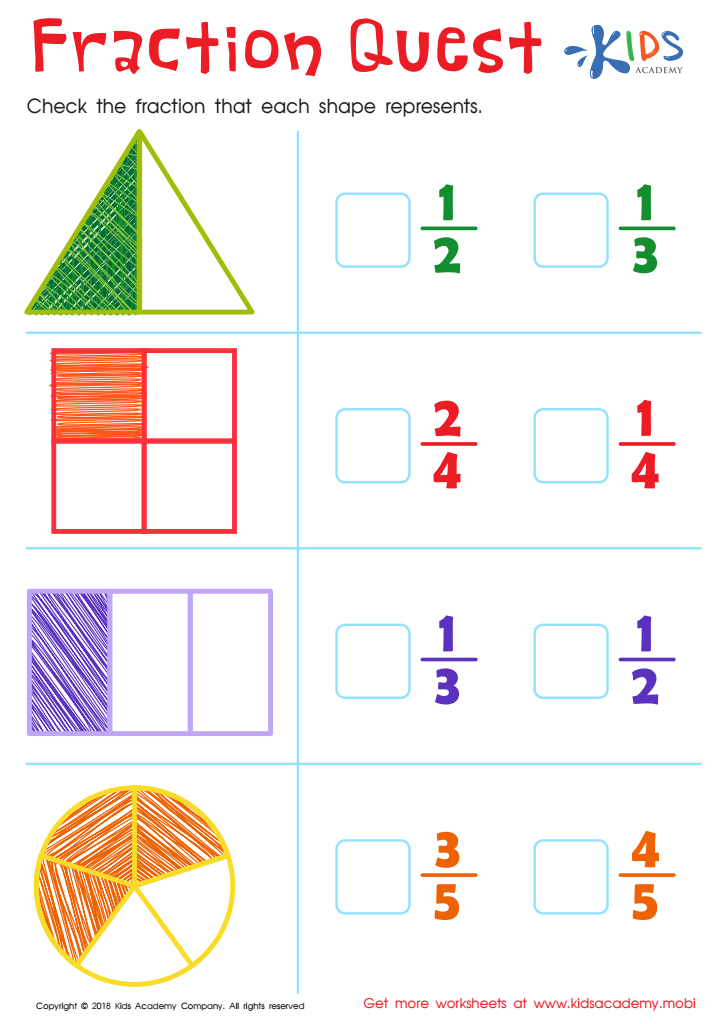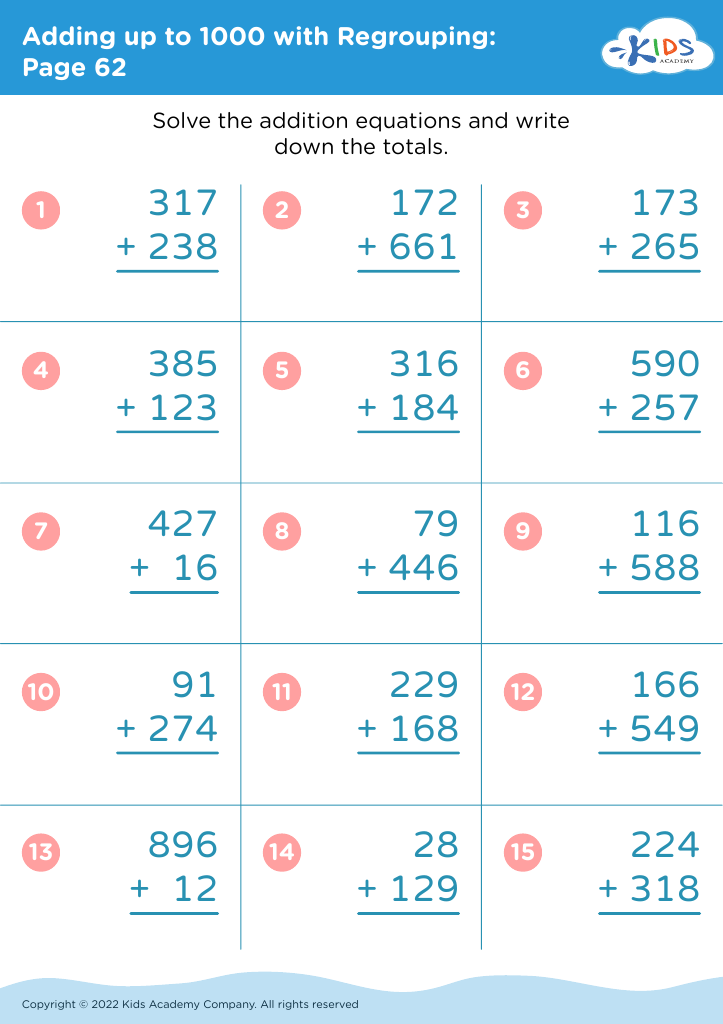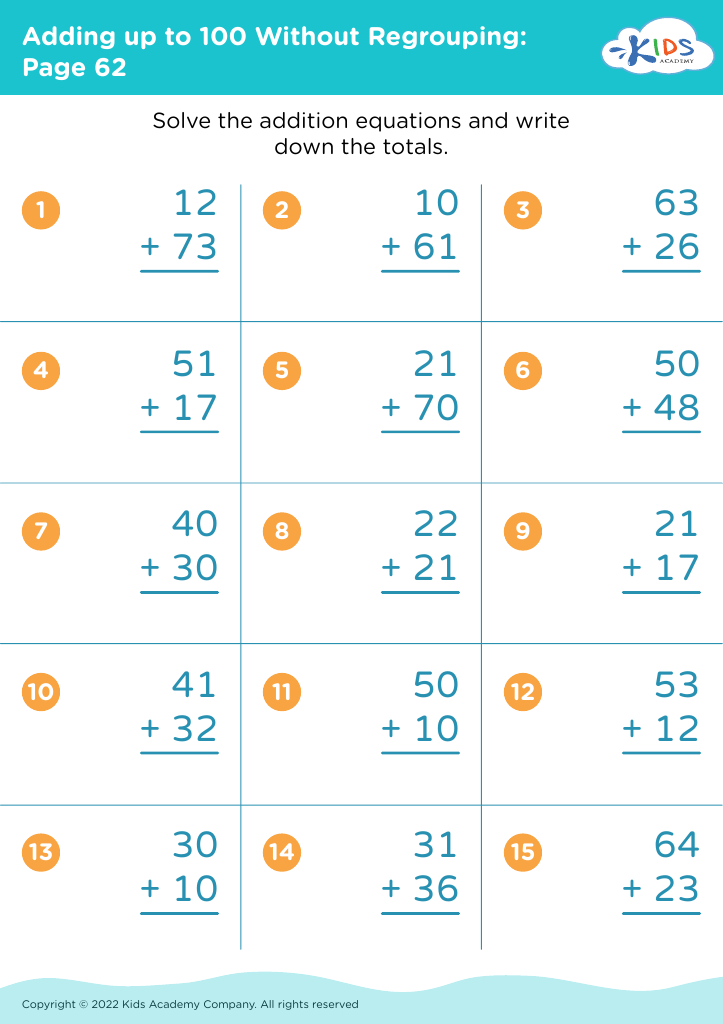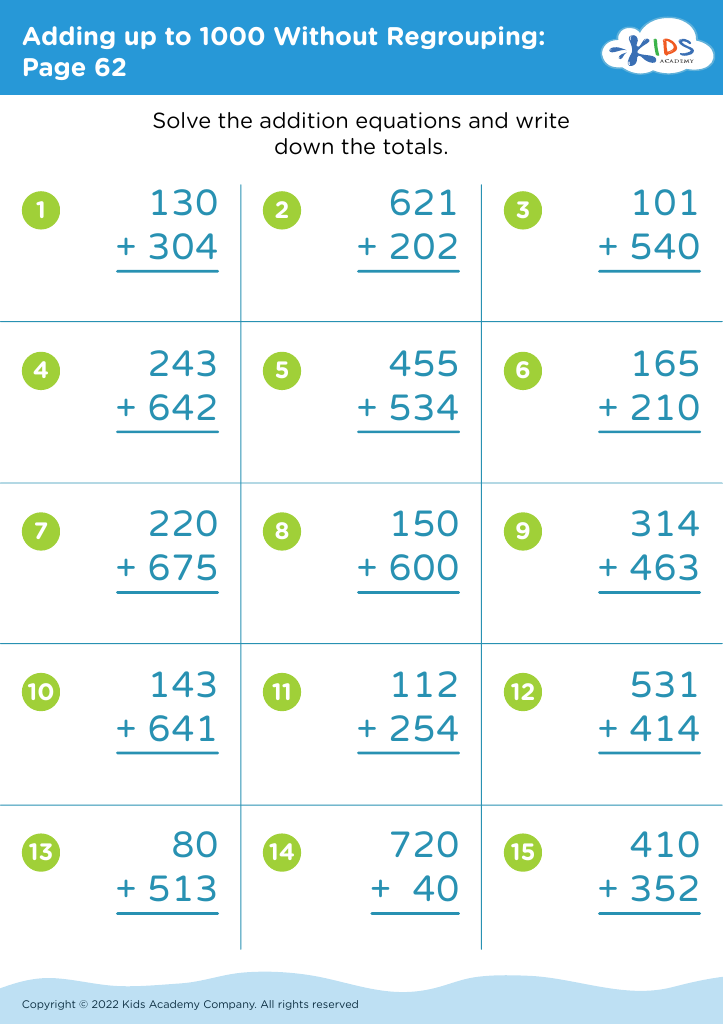Identifying fractions Worksheets for Ages 8-9
5 filtered results
-
From - To
Explore our engaging "Identifying Fractions Worksheets" specifically designed for children aged 8-9. These resources aim to simplify the understanding of fractions through visually appealing exercises that promote active learning. Your students will practice identifying, comparing, and working with fractions, building essential mathematical skills. Each worksheet offers a variety of fun activities and problems that cater to different learning styles, ensuring an enjoyable educational experience. Perfect for classroom use or homeschooling, these worksheets help reinforce key concepts while enhancing critical thinking and problem-solving abilities. Download our interactive Worksheets today to support your young learners in mastering fractions!


Fraction Quest Worksheet
Identifying fractions is a vital skill for children aged 8-9, forming the foundation for more advanced mathematical concepts. At this developmental stage, children begin to grasp the idea of parts-to-whole relationships, which enhances their understanding of mathematics and everyday situations. For parents and teachers, encouraging this skill can foster critical thinking and problem-solving abilities as children learn to compare, add, or subtract fractions.
Fractions appear in real-life scenarios, such as cooking, shopping, or measuring, making them relevant and practical. By grasping fractions early, children can better navigate these real-world applications, improving their confidence and decision-making skills. Early identification of fractions also serves as a springboard into more complex topics like mixed numbers, ratios, and decimal conversions.
Developing a solid understanding of fractions can prevent future learning difficulties and instill a love for mathematics. Engaging children through hands-on activities and visual aids will make learning fractions enjoyable and effective. Therefore, it is essential for parents and teachers to prioritize this topic, providing support and resources that will enable students to successfully identify and work with fractions, promoting overall academic achievement and a positive attitude toward math.
 Assign to My Students
Assign to My Students


























